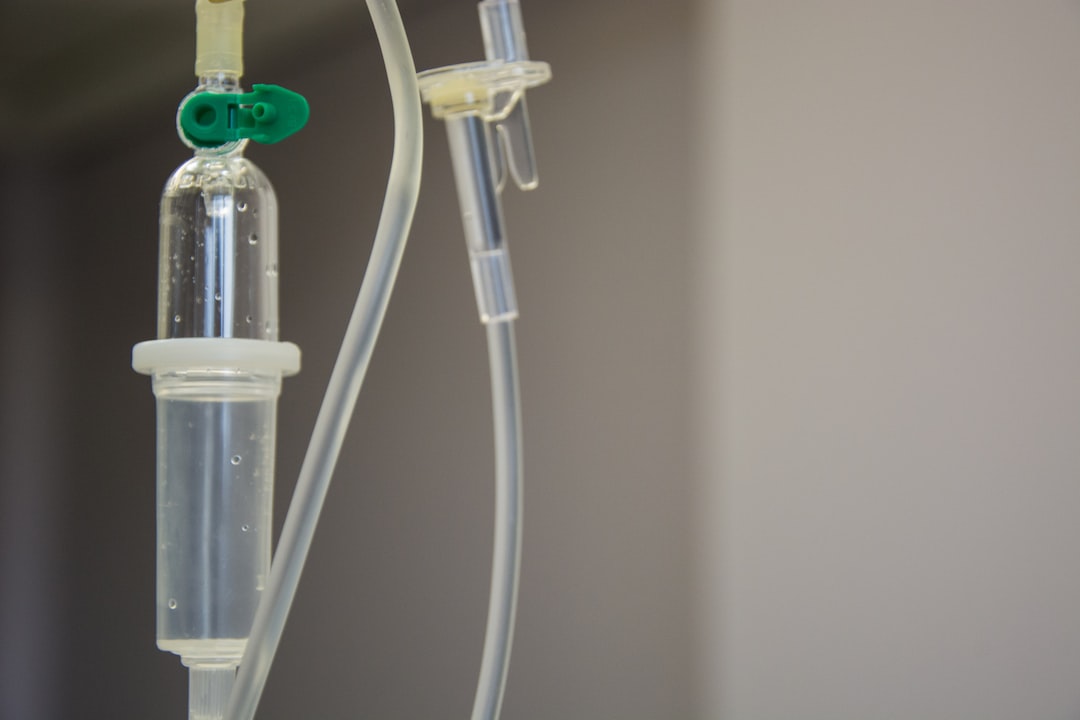Tips for Preventing and Managing Common Allergies
Allergies are a common health issue that affects millions of people worldwide. Whether it’s seasonal allergies, food allergies, or allergies to pet dander, the symptoms can be uncomfortable and even debilitating. However, there are various ways to prevent and manage allergies to alleviate these symptoms. In this blog post, we will discuss some practical tips for preventing and managing common allergies for a healthier and more comfortable life.
1. Identify and avoid allergens: The first step in preventing allergies is to identify the allergens that trigger your symptoms. Keep a record of any allergic reactions you experience and try to pinpoint the exact cause. This may involve trying out an elimination diet, keeping track of pollen levels, or seeing an allergist for a proper diagnosis. Once you identify the allergens, take proactive steps to avoid them. For example, if you are allergic to pollen, stay indoors on days with high pollen counts or use an air purifier to filter the air in your home.
2. Clean and maintain a healthy living environment: One of the best ways to prevent allergies is to keep your living space clean and free from allergens. Regularly vacuum your carpets and upholstery, dust surfaces, and wash bedding in hot water to remove dust mites. Additionally, consider using allergen-proof covers on your pillows and mattresses to minimize exposure to these microscopic pests. Keeping a clean living environment can greatly reduce the frequency and severity of allergy symptoms.
3. Practice good personal hygiene: Personal hygiene plays an essential role in preventing allergies, especially those caused by pet dander or pollen. After spending time outdoors, wash your hands and change your clothes to remove any allergens that may have attached to your skin or clothes. If you have pets, ensure they are regularly groomed and keep them out of your bedroom to avoid exposure to pet dander during sleep.
4. Be mindful of your diet: Food allergies are a common type of allergy that can cause severe reactions in some individuals. If you suspect you have a food allergy, it is crucial to identify the specific food causing the reaction and avoid it completely. Reading food labels carefully, informing restaurant staff of your allergy, and carrying an epinephrine auto-injector (e.g., EpiPen) if necessary, are all important steps in preventing food allergy-related complications.
5. Consult with a healthcare professional: If your allergies are severe or persistent, it is essential to consult with a healthcare professional. They can provide proper diagnosis and recommend effective medications or treatments tailored to your specific condition. Antihistamines, nasal corticosteroids, and allergy shots (immunotherapy) are some of the common medical interventions that can help manage allergies.
6. Natural remedies and alternative therapies: In addition to medical interventions, some natural remedies and alternative therapies may help alleviate allergy symptoms. Neti pots rinsing the nasal passages with saline solution, using essential oils like eucalyptus or lavender for aromatherapy, or consuming local honey to build immunity to pollen are some techniques that people have found beneficial. However, it is vital to discuss these options with your healthcare professional before trying them.
In conclusion, allergies are manageable conditions if you take appropriate precautions and make necessary lifestyle changes. Identifying and avoiding allergens, maintaining a clean living environment, practicing good personal hygiene, and seeking professional help when needed are all key steps in preventing and managing common allergies. By implementing the tips mentioned above, you can minimize the impact of allergies on your life and enjoy a healthier, more comfortable future.

